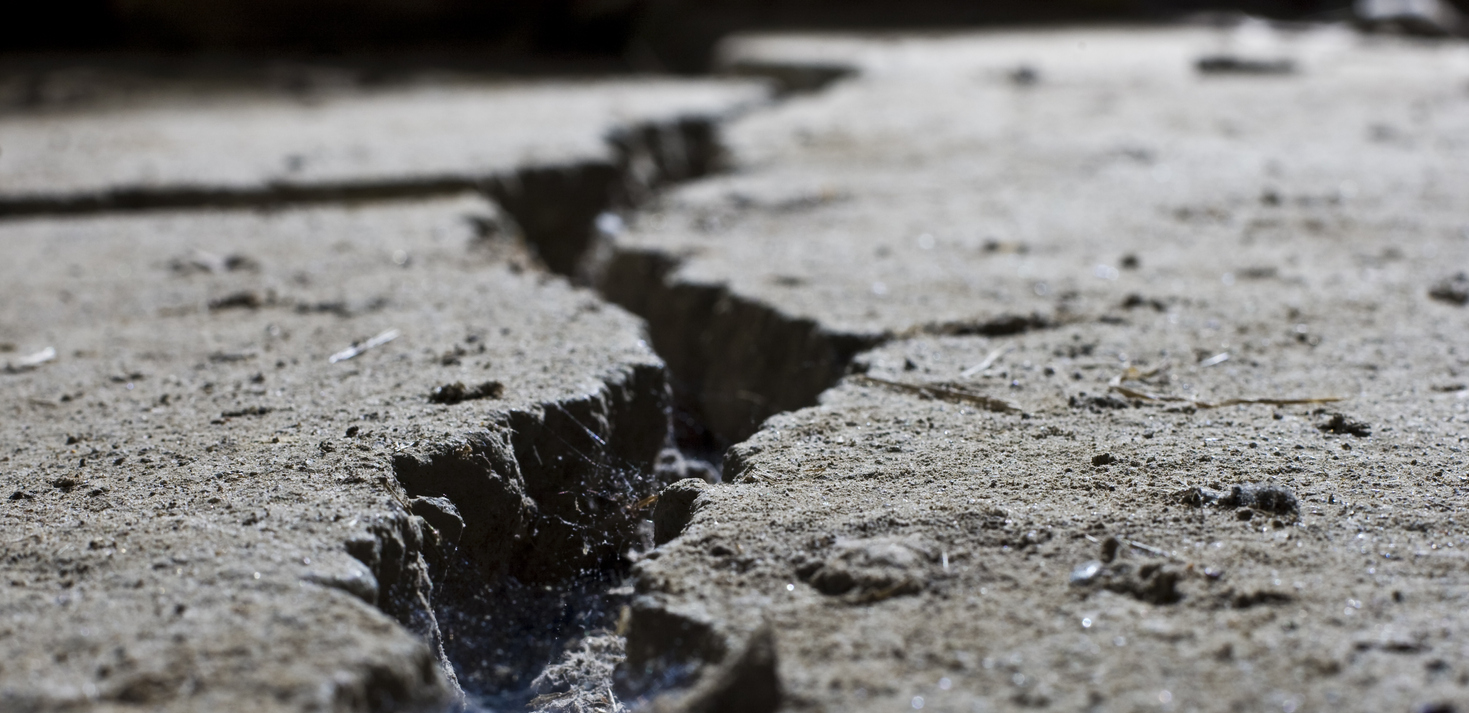
You may not realize it, but your
concrete or asphalt driveway is telling a story. In fact, if it could talk, it would say that it probably needs some repairs, not to mention some
regular TLC. Here are some signs you should be on the lookout for, as well as what they signal.
Linear Cracks
Hairline cracks are common as your driveway gets older and the weather has its way. Once a crack develops, it will continue to spread, widen, and deepen, which can lead to much bigger problems later. Dirt and water will seep into the cracks; then, when the water freezes and expands, cracks will grow.
Any cracks should be cleaned out of dirt and debris, then filled with a hot sealer (applied by a professional).
What your driveway is telling you: Those innocent-looking cracks will cause headaches later, so get them addressed now.
Spider Web or Alligator Cracks
When you spot these cracks, it means the top layer of the driveway is starting to fail due to an
inferior asphalt installation or excessive use of sealers, says
Popular Mechanics. To solve it, it’s necessary to remove the crack-filled asphalt, re-compact the aggregate, and
fill it in with new material.
What your driveway is telling you: The previous contractors did a poor job installing the driveway.
Buckling or Wavy Asphalt
While this is more common in the northern states, it’s still interesting to note that buckling is caused by frost heaves in the spring. When this occurs, the soil underneath the driveway is saturated; when it freezes, it expands, which
causes the driveway to shift.
Another reason for buckling is when you constantly drive or park heavy vehicles, RVs or machinery on the driveway, which develops ruts. You’ll need to
replace or patch the damaged area, followed by application of an overlay to the entire driveway to ensure matching surfaces.
When you notice isolated areas of your driveway that are
bulging or bumpy, this could mean a
tree root is to blame. Tree roots can grow under driveways, foundations and into pipes, causing damage and blockages.
What your driveway is telling you: Frost heaves, heavy vehicles or tree roots are to blame; fix the condition before it gets worse.
Sinking Near Your Garage
Downspouts near your garage are likely channeling rain water to that area and washing away the aggregate or soil.
Adjust the downspouts so they direct the flow of water well away from the driveway and foundation.
If you notice sinking in your newer home, this could be due to the ground around the house settling; either that, or the base was not compacted properly. You can
apply a new layer of asphalt directly over the sunken driveway, but it’s not wise to dig out a specific area of the driveway.
What your driveway is telling you: The underlying bed of compacted soil or crushed stone is eroding.
Contact Aftermath Structural Repair
If you are having problems with your
driveway or foundation,
contact us today at 281-815-0025. We specialize in anything from
root barrier solutions and foundation repair to leak detection and concrete lifting.


